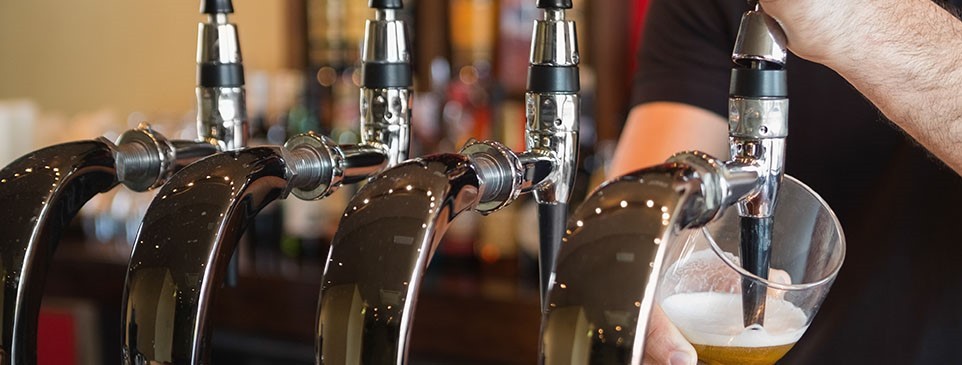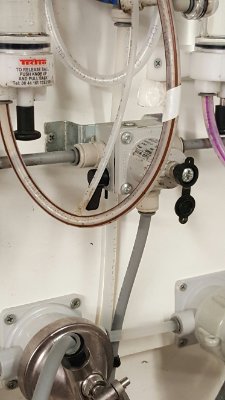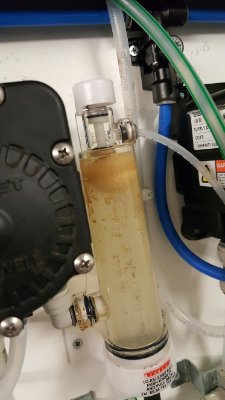15 Reasons why you should clean your beer lines

We all know that regular beer line cleaning can be a bit of an onerous task so why do we bother? Here are 15 reasons from CellarCraft guru Mark Tetlow as to why it is so important.
- It stops beer becoming infected with bacteria and wild yeasts.
- Yeast growing in beer lines ferments and produces carbon dioxide. This is released into the beer causing fobbing problems which increases the beer wastage a pub gets and reduces its potential profits.
- Clean smooth beer line internal walls reduce the build-up of biofilms.
- Bacteria and wild yeast growing in the beer line will spoil the aroma and flavour of the beer.
- Correct dosing of line cleaning is important. Solutions that are too strong can leave chlorine like TCP, taints on the lines which are noticeable in the beer. Once lines have become tainted it is very difficult if not impossible to remove the taint. The lines normally need to be replaced which can be expensive!
- Under dosing line cleaner means that the clean is not effective and even if the lines are being cleaned regularly, they are not being cleaned correctly.
- Cask and keg lines should be cleaned a minimum of every seven days.
- Cider and stout lines need to be cleaned as regularly as the other products in the bar, it’s a myth that this can be prolonged.
- Regularly cleaned lines will last longer, saving the expense of replacing lines and pub closure.
- You wouldn’t serve a customer food on a plate that hadn’t been cleaned for two weeks, so why would you serve them beer through lines that had not been cleaned for two weeks.
- Always use a good quality line cleaner. A line cleaner is a complex mix of chemicals and water softeners to best keep the lines clean. It is false economy to buy cheap off the shelf line cleaners. Always use the cleaners recommended by the brewer or pub operator.
- Clean lines when they are clean. Lines should never be left until they have become dirty to be cleaned as this would have already had an impact on your sales.
- Fob detectors, taps, couplers and all ancillary equipment should also be kept clean to prevent bacteria infection.
- Beer nozzles are a major source of infection to the beer. They should be cleaned with a recommended cleaner and left dry overnight. Never clean nozzles in soda water, it doesn’t work, despite the bubbles!
- Customers know when beer is dispensed through dirty lines as the taste is affected. They don’t always tell you but they certainly won’t buy another drink or worse they don’t visit the pub again. All lost revenue.

Mould build up in beerline

Bacteria build up in fob detector
